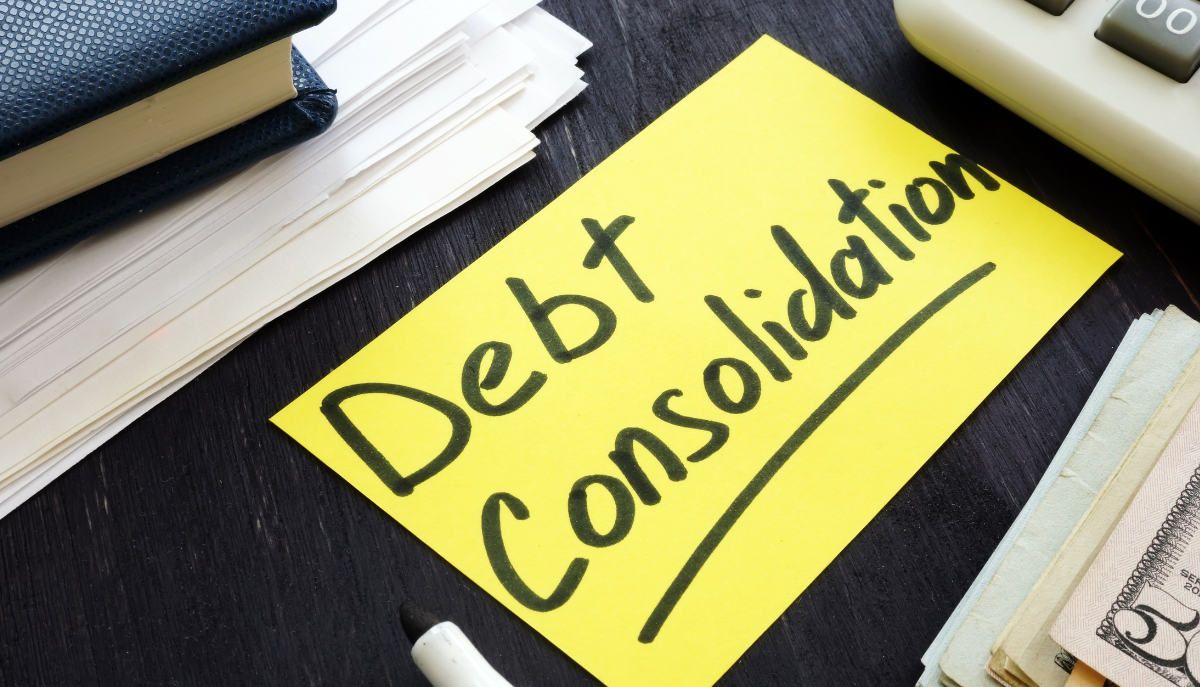Tips for Maintaining Debt-Free Living After Consolidation

Achieving debt-free living is a significant milestone that many aspire to reach. While debt consolidation can provide relief by combining multiple debts into a single loan, maintaining financial freedom requires ongoing effort and commitment. In this blog post, we’ll explore practical tips and strategies for staying debt-free after consolidation, going beyond the mortgage to build a solid financial foundation.
Create a Realistic Budget:
Start your plan by creating a detailed budget that outlines your monthly income and expenses. Allocate funds for essentials such as housing, utilities, groceries, and transportation, and prioritize debt repayment. Be realistic about your spending habits and make adjustments as needed to ensure that your budget remains sustainable over time.
Track Your Spending:
Keep track of your spending habits to identify areas where you can cut back and save money. Use budgeting apps or spreadsheets to monitor your expenses and track your progress towards your financial goals. Being mindful of your spending can help you stay on track and avoid unnecessary purchases.
Build an Emergency Fund:
Establishing an emergency fund is essential for weathering unexpected expenses without resorting to debt. Aim to save three to six months’ worth of living expenses in a separate savings account that is easily accessible in case of emergencies. Having a financial safety net can provide peace of mind and prevent you from falling back into debt during challenging times.
Avoid Temptation:
Resist the urge to overspend or accumulate new debt after consolidating your existing loans. Avoid impulse purchases and distinguish between wants and needs when making spending decisions. Practice delayed gratification and focus on your long-term financial goals rather than short-term desires.
Prioritize Financial Education:
Continuously educate yourself about personal finance and debt management to make informed decisions and improve your financial literacy. Take advantage of resources such as books, podcasts, online courses, and financial workshops to expand your knowledge and stay updated on best practices for managing your finances effectively.
Celebrate Milestones:
Celebrate your progress and milestones along the way to debt-free living. Whether it’s paying off a credit card, reaching a savings goal, or sticking to your budget for a consecutive month, acknowledge and reward your achievements. Celebrating your achieved milestones can keep you motivated to stay committed to your financial journey and inspire you to continue making positive changes.
Stay Focused on Long-Term Goals:
Keep your long-term financial goals in mind and stay focused on the bigger picture. Whether it’s saving for retirement, buying a home, or traveling the world, having clear goals can provide direction and motivation as you work towards achieving financial freedom. Remind yourself of your goals regularly and stay committed to making progress, one step at a time.
Conclusion:
Maintaining debt-free living after consolidation requires discipline, diligence, and a commitment to sound financial practices. By creating a realistic budget, tracking your spending, building an emergency fund, avoiding temptation, prioritizing financial education, celebrating milestones, and staying focused on long-term goals, you can build a solid financial foundation and enjoy lasting financial freedom. Remember that achieving and maintaining debt-free living is a journey, and with determination and perseverance, you can achieve your financial goals and live a life free from the burden of debt.
Frequently Asked Questions:
A1: While consolidation addresses immediate debt concerns, sustaining debt-free living requires long-term financial discipline and smart money management. Going beyond the mortgage ensures that individuals adopt healthy financial habits to prevent future debt accumulation.
A2: Start by tracking your earnings and expenses to streamline your spending patterns. Then, allocate funds for essential expenses such as mortgage payments, utilities, groceries, and savings. Be sure to also account for discretionary spending and adjust your budget as needed to stay on track.
A3: Strive to reserve enough funds to cover living expenses for three to six months in a high-yield savings account. Start by contributing small amounts regularly and gradually increase your savings over time. Treat your emergency fund as a financial safety net to cover unexpected expenses and avoid resorting to credit in times of need.
A4: To avoid temptation, distinguish between wants and needs, and prioritize essential expenses over discretionary spending. Stick to your budget, avoid unnecessary purchases, and focus on your long-term financial goals. Build healthy financial habits and stay disciplined in your spending habits.
![]()








